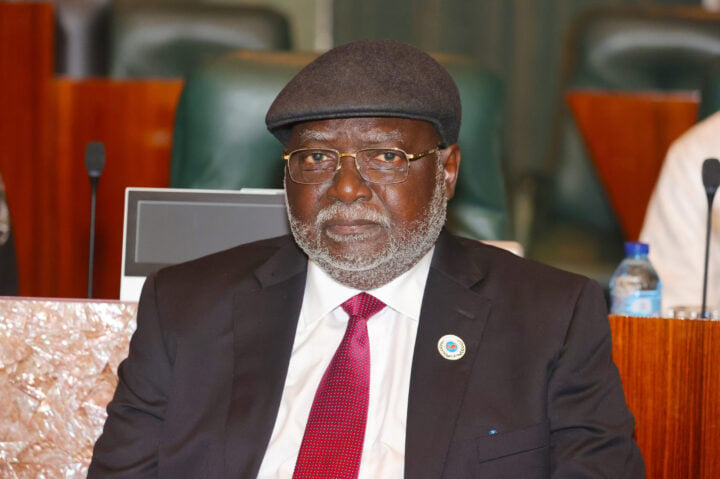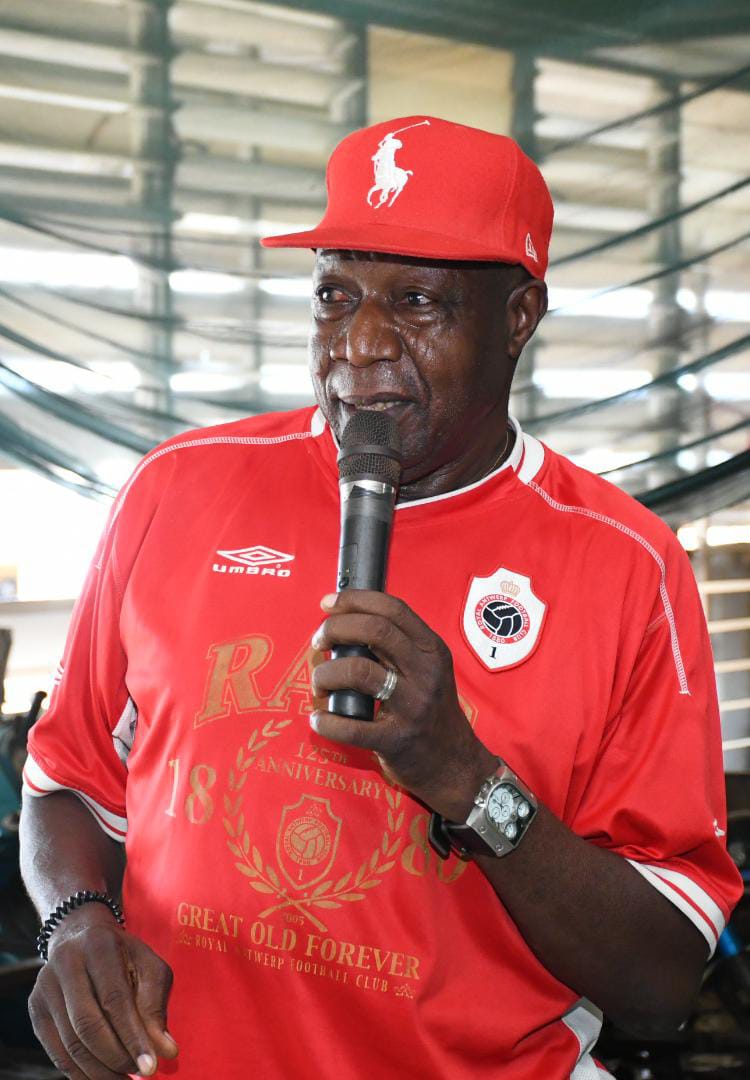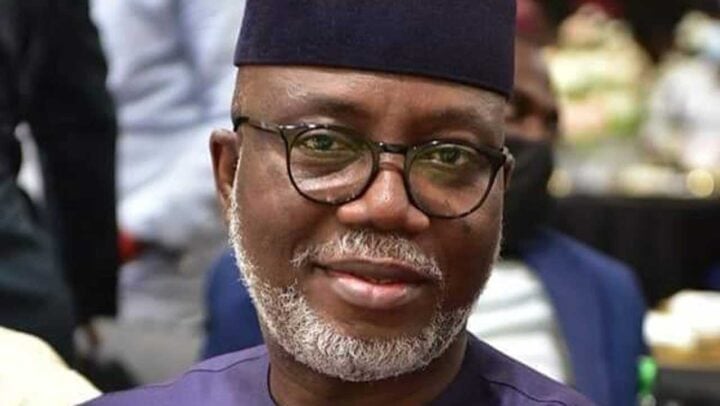There are weird things I trace on social media; You can call it the burden of a digital verification expert. Here is one of them: On September 9, 2023, a particular account by the name Ayomide, made a tweet about Asake selling out international venues despite singing predominantly in Yoruba language. In a short while, that tweet raked in over 1 million impressions.
In response to the tweet people mentioned a few other artistes who did it before Asake, the names that came up were Fela, King Sunny Ade, Olamide, Dagrin, and Awilo. If you’re a music head, you probably disagree at this point. Awilo is not Nigerian, and Dagrin never had an international tour — he died as his career was approaching that milestone.
Stay with me. By September 10, this conversation had birth individual tweets of its own, remembering Dagrin and missing his lyrical depth and wordplay. On September 11, 2023, a few people started posting videos from Dagrin’s “Pon pon pon” ultra hit to Twitter, and Dagrin began to trend.
Somehow, my brother-in-law and I got talking about Dagrin and where we were when the news of his death filtered through the country. It was one death too many for the industry. Tribute songs by A-List artistes became instant hits too. Dagrin’s “If I die” went on repeat across the country. This was followed by a lot of cussing Nigerian roads and hospitals, which were held responsible for his fatal accident.
Advertisement
Still on September 11, our Dagrin conversation strayed into Mohbad, and we played his “Feel Good” video and discussed his music a bit, before veering off to other matters. The Dagrin trend continued on Twitter till September 12, not warning us that another dark cloud was gathering in the skies above, that Ilerioluwa Oladimeji Aloba, best known as Mohbad or Imole, was on his way to the great beyond.
You can imagine our shock when we heard about his death. Someone who felt very alive — through his music — in our living room the night before, is now sounds in time, images in our memories, and a traveller in our dreams.
REMEMBER THIS LAGOS CORONER INQUEST?
We want justice, we want all those involved in his death brought to book. Young people want justice, but they also bet that not a lot will change. Some even go as far as saying nothing will happen. This is the saddest part of a bitter occurrence.
Advertisement
You cannot blame us, we have seen enough to believe so, and we have seen quite a huge part of that lot in Lagos, the city where Mohbad took his last breath. There are a lot, but here’s a poetic one:
On September 12, 2014 — exactly nine years before Mohbad’s death — a guesthouse at the international headquarters of the Synagogue Church Of All Nations (SCOAN) in Ikotun Lagos collapsed, killing 116 people.
It was all over the news, at home and abroad, especially in South Africa, because 84 of those who died in the collapse were South Africans. There was outrage on the internet; NANS staged a protest in Lagos, many other young people across the country threatened protests and called for justice. So what happened?
The Lagos state government, as led by Babatunde Fashola, set up a coroner inquest, to investigate the cause of the collapse. After 10 months, the coroner concluded that SCOAN trustees and engineers were guilty of “criminal negligence”, but Synagogue said the verdict of the coroner was one-sided and unreasonable.
Advertisement
The coroner asked the late TB Joshua to appear before the coroner, but Joshua refused, causing Oyetade Komolafe, a magistrate and coroner in charge of the investigation to order his arrest. Despite the order, Joshua was neither arrested nor brought to “court” throughout. Till he passed in June 2021.
Two engineers were arrested, remanded, and bailed as the court case went on from 2015 to 2021. At the last major hearing in March 2021, the court was informed that Akinbela Fatiregun, one of the engineers had died.
In sum, 116 people were killed in a criminally negligent collapse, none of the trustees of the Synagogue were arraigned, none of the engineers faced the full wrath of the law, and the justice system could not be seen as delivering judgment to the people who died and those who lost their loved ones in the collapse.
JUSTICE FOR MOHBAD
Like Dagrin, Mohbad was a church boy — this influenced their music very deeply. In Pon pon pon, Dagrin said his mother always asked him to write his lyrics from Davidic Psalms. In his words: “Mumsy ni kin ma lo church, bii Brother David, kin maa mu lyrics jade ninu Orin Dafidi”.
Advertisement
Mohbad had his fair share of “Reading my Psalm, I’m so Biblical” and many other references to his childhood as a Pastor’s Kid. One thing the Psalms also preach very loudly is justice, justice for the powerless; justice for those who have no power for vengeance.
As a people in a state where it is difficult to get commensurate justice for grave offences, we are hoping that the security agencies, the government, and all the machinery of the state will not make Mohbad’s case go the way of the SCOAN.
Advertisement
This is an opportunity for Babajide Sanwo-Olu, Kayode Egbetokun, and all the “who is who” responsible for justice to convince us that justice is indeed a substance and not an elusive mirage in modern Nigeria. Teach us that Sanwo-Olu’s lagos is different.
Until then, rest on Mohbad, I trust you found peace.
Advertisement
You can reach Mayowa on Twitter @OluwamayowaTJ
Advertisement







